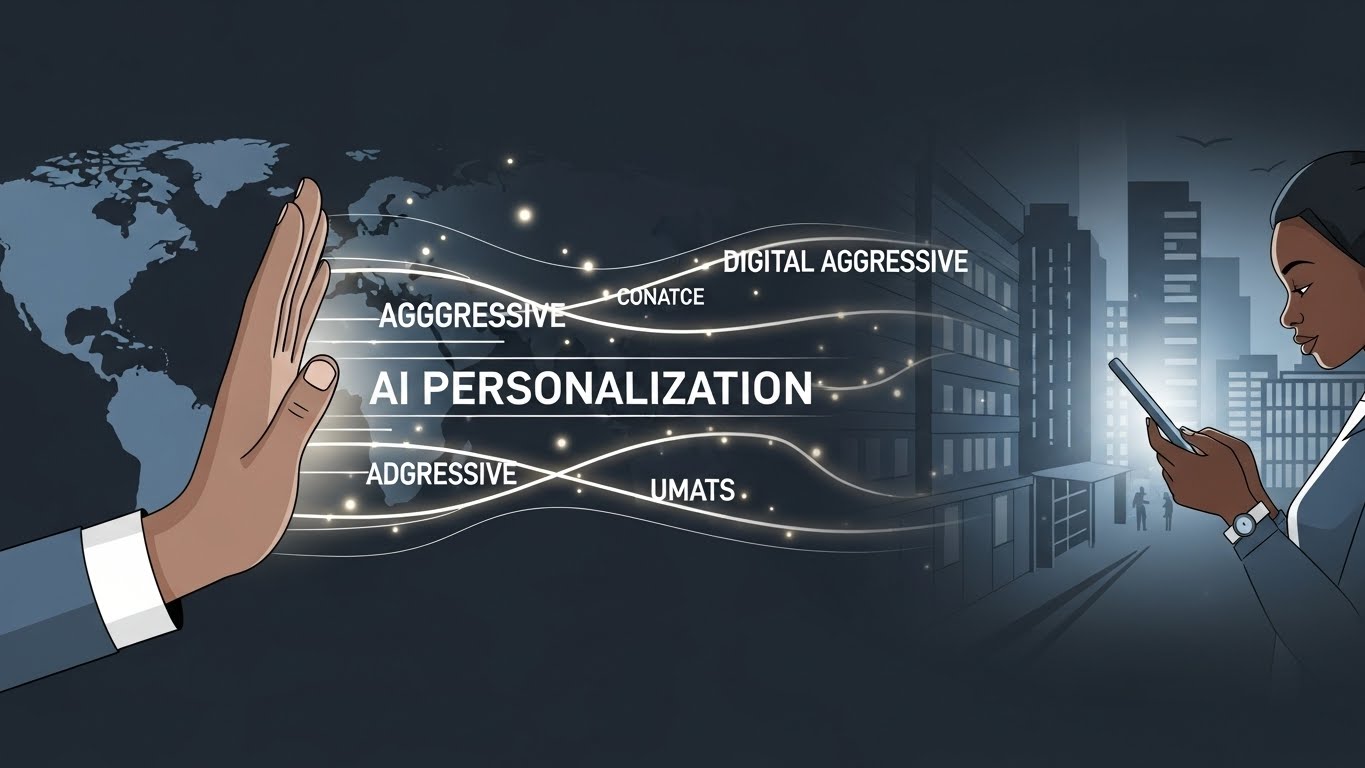For years, conversations about the future of advertising focused on technology. Industry leaders celebrated faster algorithms, sharper targeting, cheaper production and automation at scale. However, as AI transforms marketing at an unprecedented pace, a quieter truth is emerging. The future of AI in advertising will depend less on the technology itself and more on the people interacting with it.
Across global and emerging markets, consumers are expressing new expectations. They are not rejecting AI. Instead, they are defining how they want it to appear in their everyday lives. These expectations are beginning to shape the next era of marketing.
Consumers want AI, but only on their terms
A recent global study shows that more than 70 percent of consumers prefer AI-enabled experiences when these tools simplify decision-making, improve customer service or deliver relevant content. AI has moved from novelty to necessity. It now powers shopping suggestions, banking prompts and personalised offers that make daily tasks easier.
People in sectors such as retail, banking, entertainment and e-commerce believe that AI helps them save time and avoid stress. Yet enthusiasm alone does not tell the full story. Every new AI-driven touchpoint increases the call for balance.
The trust problem when automation feels too automatic
Despite advances in personalisation, customers still express unease. Surveys from 2024 and 2025 reveal strong concerns about AI making choices silently in the background. More than half of respondents say that highly automated or overly personal adverts feel intrusive or unsettling.
The issue is not the sophistication of the technology. It is the loss of perceived control.
When a product recommendation feels too accurate or an advert anticipates a need before the user expresses it, the experience creates suspicion rather than delight. Studies show that trust drops when people feel that companies use their data without transparency. The message is consistent. AI can personalize, but it must not overstep.
Younger audiences are setting stricter standards
Marketers often assume Gen Z will welcome AI-generated adverts because they are the most digitally fluent generation. However, the data points in a different direction. Young audiences are actually the most sceptical.
Only 38 percent of Gen Z and Millennials express positive feelings toward AI-created ads. Their issue is not the technology itself. It is the emotional gap. AI can mimic tone, design images and generate endless variations. It cannot fully deliver authenticity.
AI often misses cultural nuance, humour, local context and community language. Younger viewers notice this gap immediately. For them, the lack of lived experience is impossible to hide.
The hybrid creative era: human plus AI
Consumers do not reject AI in creativity. They simply prefer a hybrid model. Research shows that most people trust adverts more when they know humans and AI worked together.
This emerging model positions AI as the accelerator and humans as the authors. AI handles volume, optimisation and rapid iteration. Humans provide judgement, emotion and cultural insight. The next major advantage in advertising may come from collaboration rather than automation.
What this means for marketers in markets like Nigeria
The shift feels even sharper in emerging markets. African consumers pay close attention to tone, storytelling, humour and cultural logic. AI can improve relevance, but it struggles to understand the emotional depth of local experiences without human involvement.
This presents a clear opportunity for African marketers. They can use AI to enhance accuracy without losing identity. They can automate delivery without removing warmth. They can personalize journeys without stripping away personality. AI can help brands move faster, but only human creativity helps them fit into culture.
The future consumers are asking for
If brands listen closely, consumers are describing the kind of AI-powered advertising they want. They prefer adverts that feel personal without invading their privacy. They appreciate innovation without feeling alienated. They want efficiency without emotional coldness. They welcome intelligence as long as the message still feels human.
People are not pushing technology away. They are defining the rules of engagement. As AI becomes more deeply woven into advertising, these rules may become the industry’s most powerful competitive advantage.
The future of AI in advertising will not be shaped only by what the technology can achieve. It will be shaped by what consumers accept and what they refuse to tolerate. Technology may set the pace, but people will set the direction.
ALSO WATCH MARKETING EDGE ONTV






Comment
No comments found.